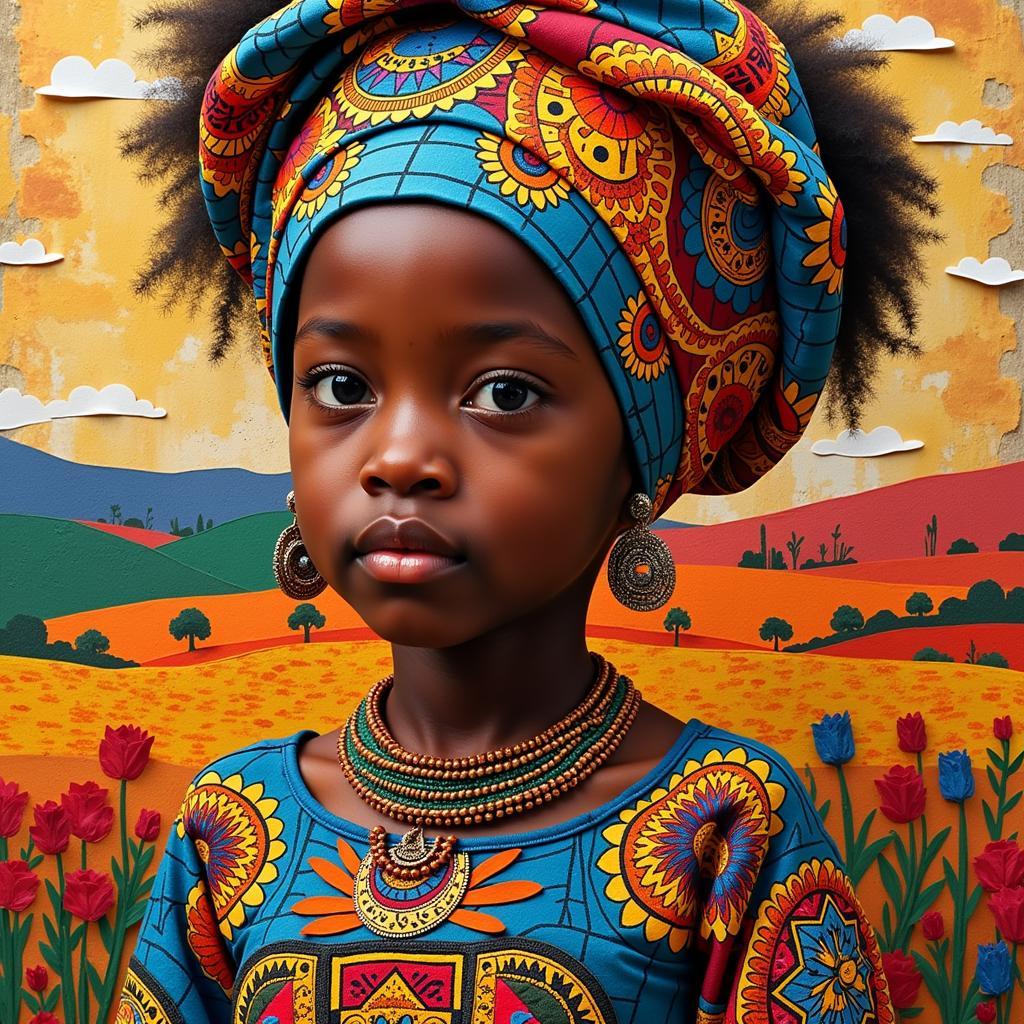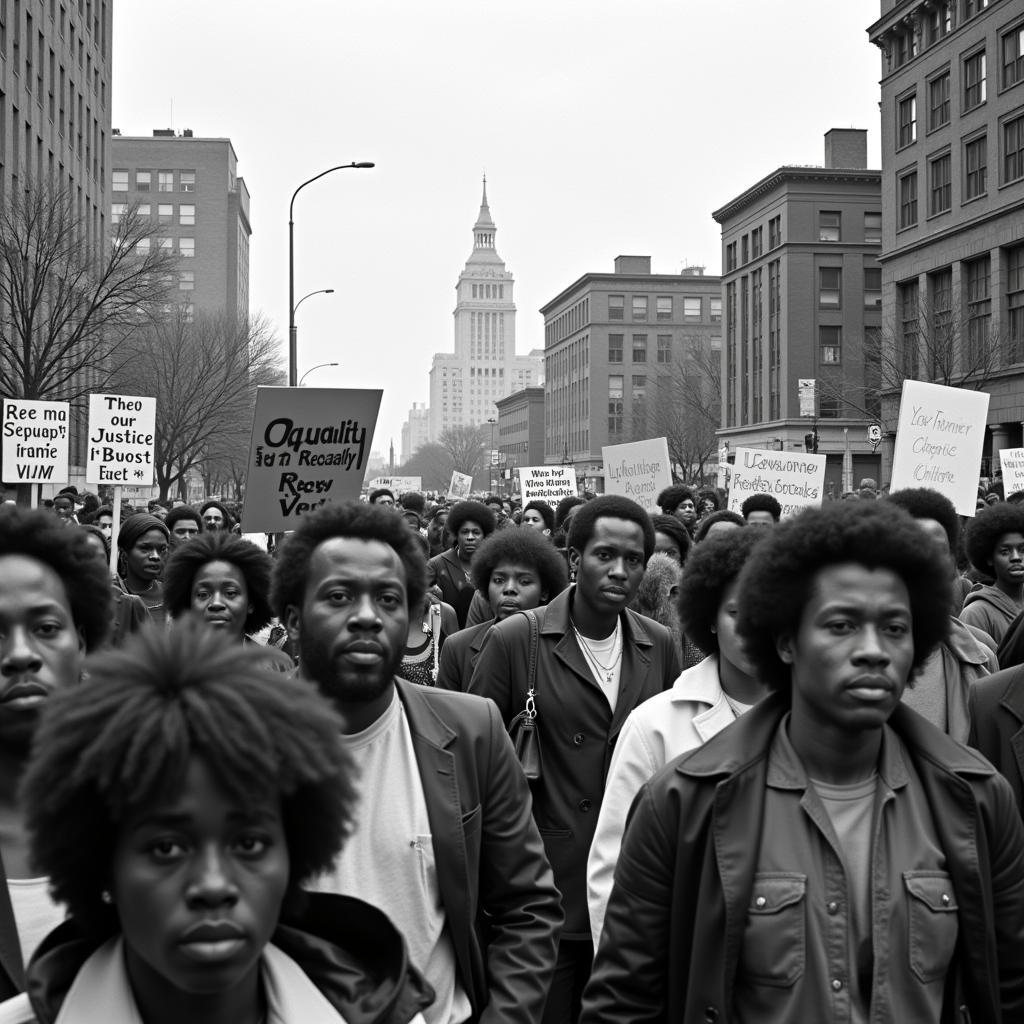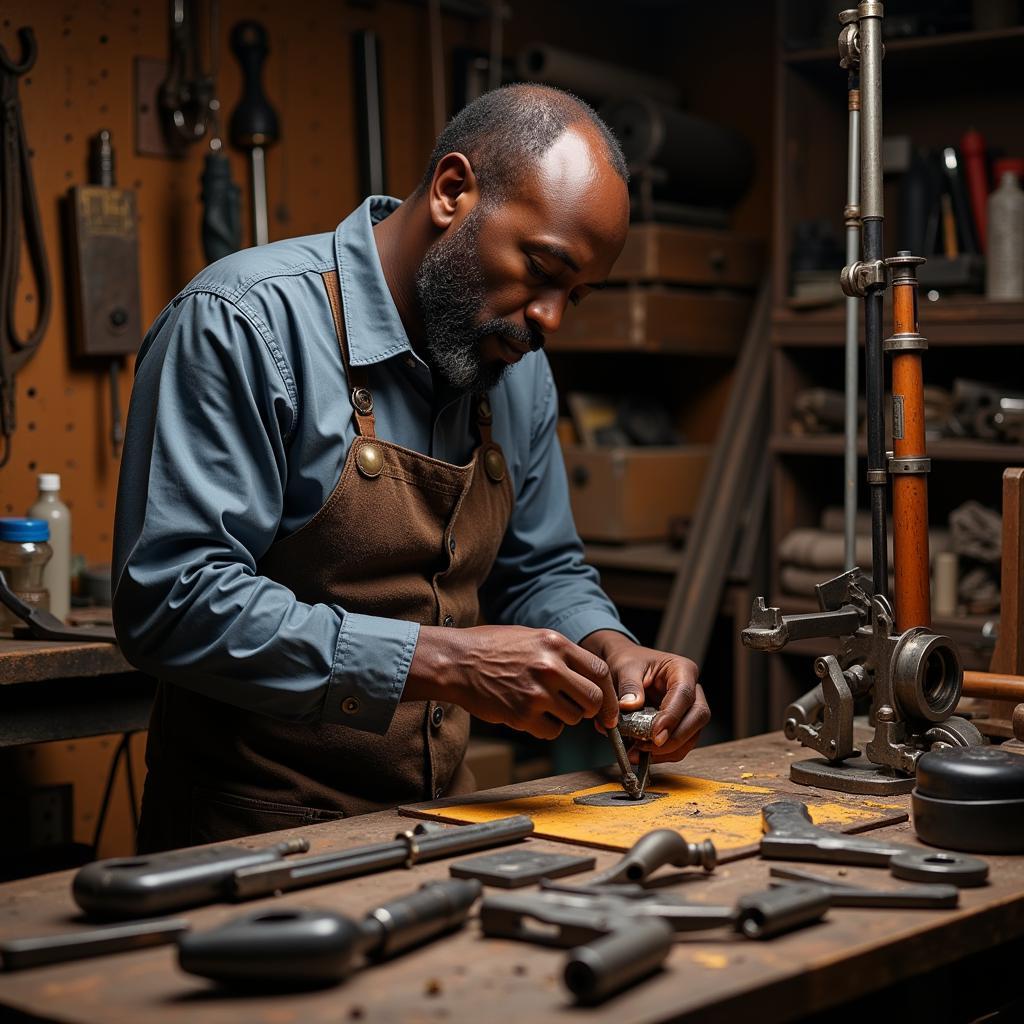90s South African Rappers: Pioneers of a Nation’s Sound
The 90s in South Africa was a time of immense political and social change. As the country emerged from the shadow of apartheid, a new generation of artists emerged, reflecting the hopes, dreams, and struggles of a nation reborn. Among them were the 90s South African Rappers, pioneers who used their voices and beats to chronicle the changing times and shape the country’s musical landscape.
These artists didn’t shy away from addressing social issues, often using their music as a platform for commentary on poverty, inequality, and the lingering effects of apartheid. Their lyrics, delivered in a mix of local languages and English, resonated with the youth, giving voice to a generation finding its footing in a new South Africa.
The Rise of Kwaito: A Uniquely South African Sound
While hip-hop influences from the US were undeniable, South African rappers in the 90s forged their own path, developing a distinct sound that blended international trends with local flavors. This fusion gave birth to Kwaito, a genre that quickly became synonymous with the post-apartheid era.
Kwaito, with its infectious beats and slang-filled lyrics, became the soundtrack of the 90s in South Africa. It was the music of the streets, reflecting the realities of everyday life in the townships and celebrating the resilience and spirit of the people.
Groups like Boom Shaka and TKZee dominated the airwaves, becoming cultural icons. Their music wasn’t just about entertainment; it was a powerful tool for social commentary, addressing issues like HIV/AIDS awareness and promoting unity and reconciliation in a divided nation.
Beyond Kwaito: Diverse Styles and Influences
While Kwaito reigned supreme, the 90s South African rap scene was anything but monolithic. Artists like Prophets of da City (POC) emerged, infusing their music with conscious lyrics and jazz influences. Their socially conscious approach to hip-hop pushed boundaries and challenged the status quo.
Female rappers like Bongo Maffin’s Thandiswa Mazwai also made their mark, bringing strong feminine voices to the forefront of a male-dominated genre. Their contributions helped redefine the image of women in South African music and paved the way for future generations of female artists.
The 90s witnessed a period of artistic exploration and experimentation in South African hip-hop. From the infectious grooves of Kwaito to the conscious lyrics of groups like POC, the decade produced a diverse range of artists who used their music to reflect the complexities of a nation in transition.
These pioneers laid the foundation for the vibrant South African hip-hop scene we see today. Their music continues to inspire and influence, serving as a testament to the power of music as a tool for social change, cultural expression, and artistic innovation. Their legacy is a reminder that the 90s in South Africa wasn’t just a decade; it was the dawn of a new era in music.


